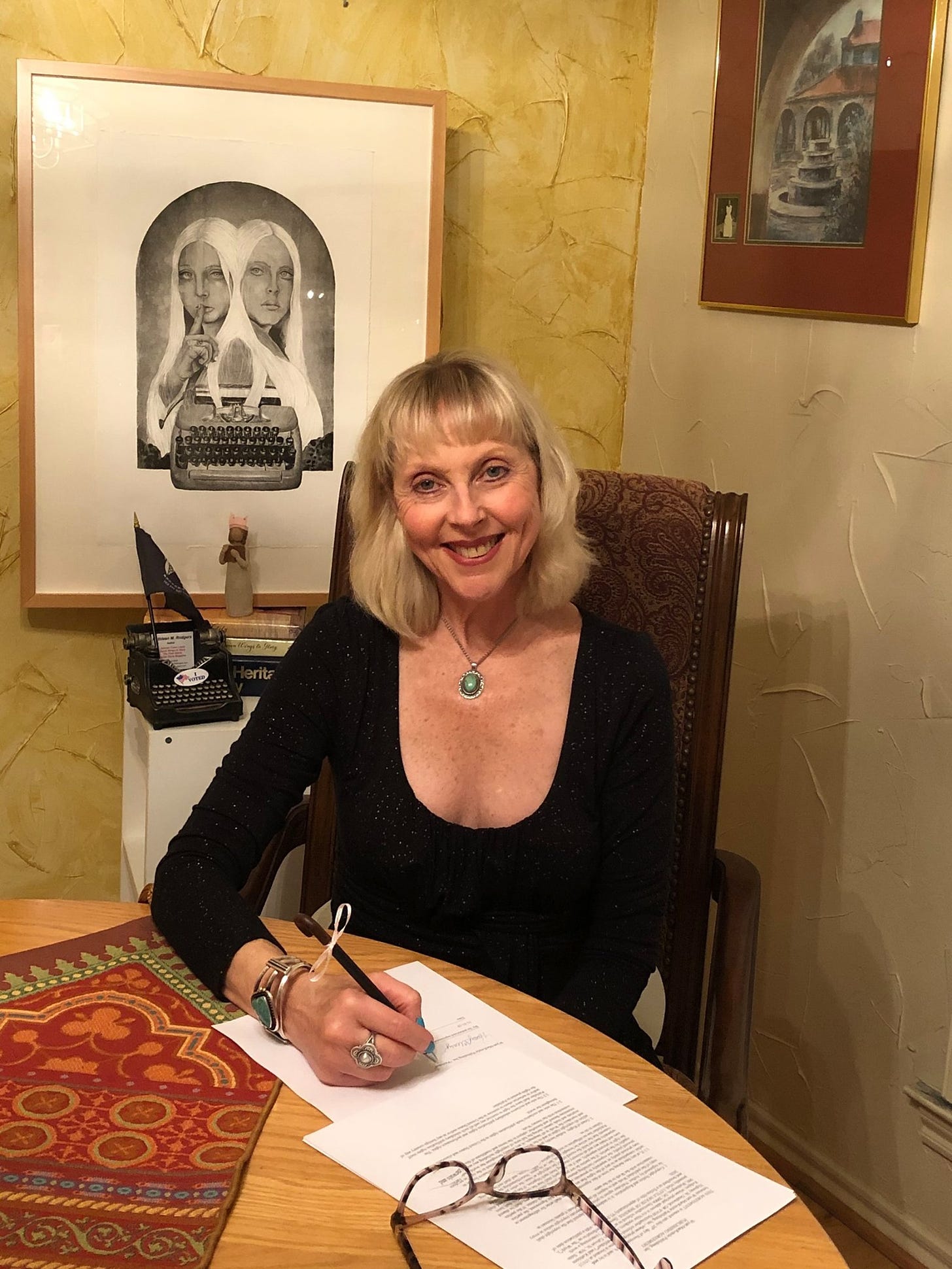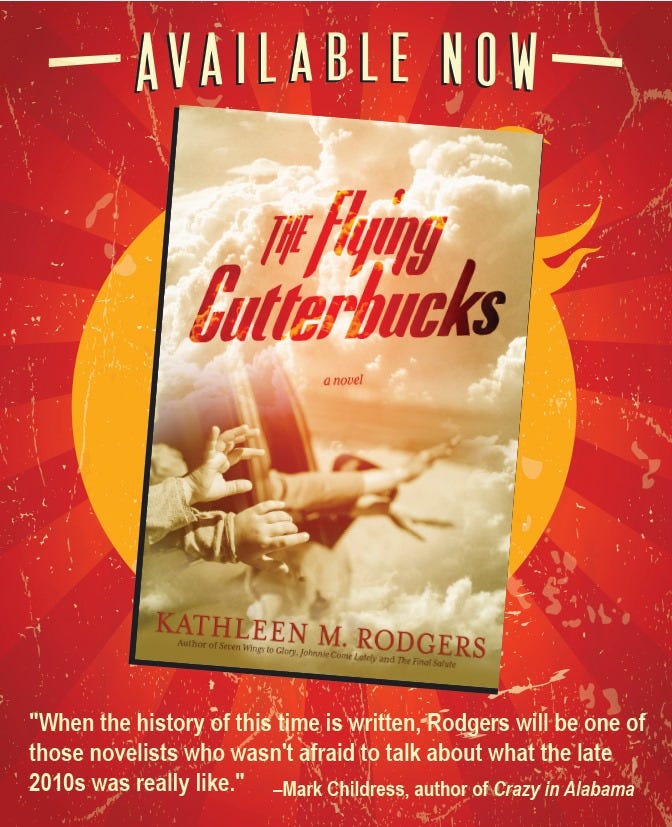“That's what fiction is for. It's for getting at the truth when the truth isn't sufficient for the truth.”
― Tim O'Brien
I was reminded this week that truth is not so easy to swallow even if I’ve asked for it. Yesterday, I finished White Privilege by Robin DiAngelo, a white woman who writes honestly and directly about white people and racism. She seemed to be holding up a mirror to me on every page.
Earlier this week I had the opportunity to attend an online mini-workshop presented by the local chapter of Standing Up for Racial Justice (SURJ), an organization founded by white people to help other white people understand racism and work for justice.
I am grateful for both. I am also extremely uncomfortable. I feel a little the way I did thirty years ago when I came out of my first week of Al-Anon meetings. I’d gone in believing I was a well-meaning, loving mother who was ready to do whatever it takes to help her loved ones. Then others who looked and sounded a lot like me shared their stories which also sounded achingly familiar. With growing discomfort, I began to realize how my assumptions and behavior had contributed to the damage I wanted to fix. I eventually understood that those first meetings were just a glimmer of the work that lay ahead, work that is still ongoing in many ways today and probably will be for the rest of my life.
SURJ is no Al-Anon and Robin DiAngelo does not run twelve-step programs but both the book and the organization grew out of the idea that white people need to talk to white people about race because we are the ones with the problem. My take-away so far: I can’t help being born white into a system that gives white people privilege, a system that has been in place for years before I got here. I can control whether to continue to contribute to the status quo or work to “interrupt” racism from here on out. To interrupt racism, I have to be willing to look at my own assumptions and behavior honestly, understand, then act. I will make mistakes. I will get it wrong. I will have to start over. I will have to do this for the rest of my life. It is worth it.
Truth and fiction
I appreciate nonfiction and I like to think that facts matter to me. The truth is, though, I reach first for novels and short stories. I think I’m escaping the world but I always find it in all its harsh glory right there in the pages of a book marked “fiction.” Ta-Nehisi Coates was known for his nonfiction — brilliant essays in The Atlantic and two brilliant books of nonfiction Between The World And Me and We Were Eight Years In Power before he published The Water Dancer, a lush, magical, and beautifully written novel that tells the story of enslaved people whose families were torn apart when children or parents were sold. In this interview with Stephen Colbert, Coates talks about how fiction can convey the truth in a way that facts cannot:
Short Read: The Spark Author Interview with Kathleen M. Rodgers
And that brings me to Kathleen Rodgers, the author of The Flying Cutterbucks. In her fourth novel, Kathleen takes on the doubly-difficult challenge of exploring difficult truths and incorporating current events in a novel. The world we live in today is very much represented in The Flying Cutterbucks, a story that spans three generations of women who love each other but share scars that are triggered by the last U.S. election.
I wanted to kick off the Spark Author Interview series with Kathleen so we could learn a little bit more about her book and why it was important for her to write it. Each Spark Author Interview will ask just three questions — short, sweet, and, hopefully, revealing. If there are authors you’d like us to invite and questions you’d like to ask, please don’t hold back. Fire away!
Here’s what Kathleen looks like:

And here’s her bio:
Kathleen M. Rodgers is an award-winning novelist whose work has appeared in Family Circle Magazine, Military Times, and in anthologies. She is the author of three previous novels Seven Wings to Glory, Johnnie Come Lately, and The Final Salute which have earned her recognition from the Foreword Indies Book of The Year Award, the Military Writers Society of America and have been featured in a wide range of publications including USA Today and the “Author’s Corner” on Public Radio. You can read more about Kathleen and her work at www.kathleenMRodgers.com. Her books are available here on our on our Bookshop page where every purchase generates money to support independent bookstores and literacy programs.

And now, those three questions:
SPARK: What was it that compelled you to write this book?
KMR: While some Americans cheered the outcome of the 2016 presidential election, I experienced a deep and abiding grief along with anger. Despite what the sitting president would like the American people to believe, not all veterans and military families like mine support him. This anger and grief drove me to find the story that grew into The Flying Cutterbucks.
My protagonist, Trudy Cutterbuck, appeared to me one day in early 2017 as I was driving to an appointment. As I gripped the steering wheel and focused on the traffic around me, Trudy let me know she’d been a twirler in high school. Her dad, an Air Force pilot, had been missing in action in Vietnam for decades. Turns out Trudy had just walked away from her own flying career to help her aging mother sift through layers of loss while she herself needed to sift through layers of memory to get to her own truths. Her story became the story of fierce love and loyalty among a family of women over generations as the election opens old wounds and wakens deep secrets including an act of solidarity decades ago that lives with them still.
SPARK: How do you feel about this book compared to the others you've written?
KMR: The Flying Cutterbucks is my bravest novel to date. While I’ve tackled abandonment, sex scandals, infidelity, addiction, racism, and war in other books, this is the first novel I’ve written that addresses sexual assault and women’s rights in such a bold manner. While I don’t consider myself a political person, all that changed after I participated in a local Women’s March the day after the 2017 inauguration. As a writer who’s taken on difficult subjects before, I felt a responsibility to give voice to those who are afraid to speak out because they fear by doing so they will appear unpatriotic. While most Americans respect the office of the presidency, that doesn’t mean we have to respect the sitting president, especially one who considers women as sex objects, separates migrant families, and disrespects Gold Star Families and genuine war heroes.
SPARK: Writer and activist Grace Paley once said "Life is too short, and art is too long." This raises all kinds of questions for me, so I'd like to ask, what do you think of when you read these words? Have there been moments when life has seemed to be racing by for you? How has this affected your choices and your writing?
KMR: I’ll counter Ms. Paley’s quote by offering, “Life is short, but art gives meaning to our brief existence.” When my sons were young and there never seemed to be enough time for anything besides my role as mommy, I was determined to find time to write. Sometimes that meant scribbling a few lines on a yellow legal pad in-between feedings and diaper changings. In those days, I concentrated on selling essays and articles to magazines and newspapers in order to build my portfolio, but my heart was still set on finishing a novel and getting it traditionally published. All through my thirties and forties I dreamed of adding “published novelist” to my bio. I had to push through lots of rejections and fear until I could finally claim that title on my fiftieth birthday.
But sometimes life not only comes racing by, sometimes we find ourselves pedaling as fast as we can and, SMACK, we’ve run into a “brick wall” we never saw coming. That brick wall can be a spouse or partner or a friend demanding we spend more time with them and less time in our creative space. Or a family member gets sick or an emergency sends our hearts skittering in all directions and our work and our daily routines seem to come to an abrupt halt. Or we find ourselves getting entangled in complicated relationships with family or friends.
I can’t speak for other writers, but these “emotional” mishaps can send me into a downward spiral or vortex that not only threatens my physical health by my mental health. And when my mental health is in jeopardy, so is my writing. Not to sound coldhearted, but at some point I have to reel myself back and remind myself that my work matters. My mental health matters. I can’t save anyone else and I can’t fix anyone else. I’m writing this from experience. I won’t go into specifics, but while writing against a tight deadline for my third novel, a family emergency happened that sent me over an emotional cliff. One incident can change everything and cause ripple effects for years. It my case I’m still dealing with some of these issues, but I’ve made a choice. That choice is that I can’t fix anyone else, I can only choose how I will react. At my age, sixty-one, I’ve made a decision to press ahead with my writing. I realize I have to be flexible and bend to others’ needs at times, but then I spring back into action and I turn once again to my work.
I also give myself permission to take time off from writing, sometimes between projects or in the middle of one. This is a time to think, catchup on reading, daydream the next scene or chapter in a novel I’m writing. Sometimes it’s a place to heal or rest from the chaos of life.
A writer must protect those sacred moments to get thoughts down, even if it’s scribbling notes on scraps of paper in an emergency room. Yup, been there done that. Lots of life happened while I was writing The Flying Cutterbucks. With the news cycle constantly changing and threats coming at all angles, there were times when I had to shut everything off, even for a few minutes or hours on end and so I could get my thoughts down. More recently, the global health crisis made me question my work as a writer. In those first few weeks I asked myself if my stories matter in the big scheme of things.
It helps to remind myself that I will die and there’s no one else to tell the stories I must tell. This takes us back to that sense of urgency I mentioned earlier. Another thing that helps me sometimes is setting deadlines. For this last book, I was determined to finish it and turn it into my agent on my sixtieth birthday. To sweeten the deal, my husband and I took a road trip to New Mexico where I’m from so I could spend my birthday with my mother. And since my novel is set in eastern New Mexico, I gifted myself by emailing the completed manuscript to my agent from my home state.
That’s it for this week. Let me know how you are and what you are reading whether it is short or long, fiction or nonfiction — how do you like your truth served up?
I’ll add the books you’re reading or want to read to our list on Bookshop.org. If you’re prompted to add any of them to your collection, remember that every order from this list helps independent bookstores and can earn a little money over time that we can donate to literacy programs.
Stay well. Dive into a great read. Let’s talk.
Betsy
P.S. And now, your moment of Zen…because we all need one. I found this moment during a walk very early one morning this week when I had the ocean and sky to myself.




